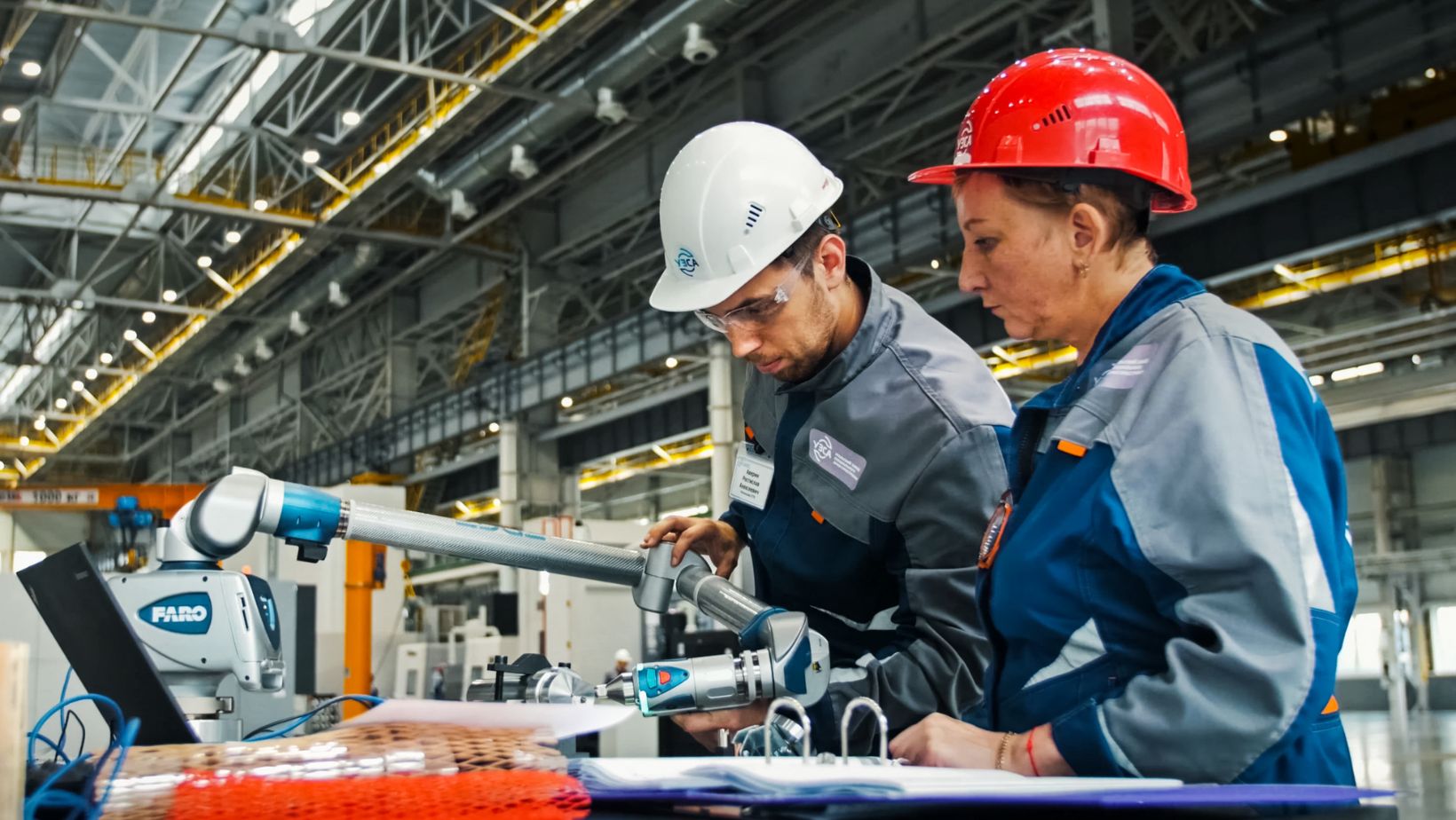Which of The Following Most Accurately Describes Your Company’s Production Operations?
In today’s fast-paced business environment, it is crucial for companies to have robust and well-optimized production operations. At my company, we have invested significant time and resources in building a highly efficient and agile production system. From implementing lean manufacturing principles to utilizing advanced automation, we have fine-tuned our operations to maximize productivity and minimize waste. In this article, I will walk you through the key elements of our production operations and how they contribute to our overall success in meeting customer demands and achieving operational excellence.
The Importance of Efficient Production Operations
Maximizing Productivity
One key aspect of maximizing productivity is optimizing our workflow. We have carefully analyzed each step of our production process and identified areas where we can improve efficiency. By streamlining these processes, we are able to reduce unnecessary steps, minimize downtime, and increase throughput. This not only allows us to produce more units in a shorter amount of time, but it also enables us to meet tight deadlines and deliver products to our customers faster.
Reducing Costs
One of the ways we reduce costs is by optimizing our supply chain. We carefully select suppliers who can provide high-quality raw materials at competitive prices. By building strong relationships with our suppliers, we are able to negotiate favorable terms and secure cost-effective materials. This not only helps us reduce our production costs but also ensures that we have a stable supply of materials to meet customer demands.
Ensuring Quality Control
In my company, ensuring quality control is a fundamental aspect of our production operations. We understand that delivering high-quality products is crucial for building customer trust and loyalty. To achieve this, we have implemented strict quality control measures throughout our production process.
We have established a comprehensive quality management system that covers every stage of production, from raw material inspection to final product testing. Through rigorous testing and inspection procedures, we ensure that our products meet the highest standards of quality and reliability. This not only helps us maintain customer satisfaction but also minimizes the risk of product recalls and returns.

Key Components of an Effective Production Operation
Planning And Scheduling
In my company, planning and scheduling are crucial aspects of our production operations. We recognize the importance of having a well-defined plan in place to guide our manufacturing processes and meet customer demands. Our planning process involves analyzing market trends, forecasting demand, and setting production goals. By doing so, we can efficiently allocate resources and optimize our production capacity.
Scheduling plays a vital role in ensuring smooth operations. We create detailed production schedules that outline the sequence of tasks, timelines, and resource requirements. By adhering to these schedules, we can minimize downtime, reduce bottlenecks, and maintain a consistent production flow. Our advanced scheduling software allows us to monitor progress in real-time, make adjustments when necessary, and keep all departments aligned.
Inventory Management
Efficient inventory management is a cornerstone of our production operations. We understand the importance of having the right materials and components available at the right time to avoid disruptions and delays. To achieve this, we implement various strategies, including:
- Just-in-Time (JIT) Inventory: We follow the JIT inventory system, which allows us to receive materials and components just when they are needed in the production process. By minimizing inventory holding costs and reducing waste, we can achieve significant cost savings.
- Vendor-Managed Inventory (VMI): We collaborate closely with our suppliers through VMI programs. This enables them to monitor our inventory levels and replenish stock automatically, ensuring that we never run out of essential items.
- Regular Stock Audits: We conduct regular stock audits to maintain accurate inventory records and identify any discrepancies. This helps us prevent stockouts, excess inventory, and obsolescence.
Workforce Management
Our workforce plays a vital role in the success of our production operations. We recognize the importance of having a skilled and motivated team to achieve our goals. To effectively manage our workforce, we implement the following strategies:
- Training and Development: We invest in continuous training and development programs to enhance the skills and knowledge of our employees. This ensures that they are equipped to handle new technologies, processes, and challenges in the production environment.
- Performance Monitoring: We have established performance metrics to assess the productivity and efficiency of our workforce. Regular evaluations and feedback sessions allow us to identify areas for improvement and recognize exceptional performance.
- Team Collaboration: We foster a culture of collaboration and teamwork within our production operations. By encouraging open communication and sharing best practices, we can leverage the collective knowledge and expertise of our employees.
Conclusion
In this article, I have provided a comprehensive overview of my company’s production operations, highlighting the significance of efficiency and quality in every step of the process. By implementing strategies and leveraging advanced technologies, we have successfully maximized productivity, minimized costs, and ensured stringent quality control. Our company’s production operations are built on a foundation of efficiency, quality, and continuous improvement. By embracing cutting-edge technologies and implementing best practices, we strive to remain at the forefront of the industry and consistently exceed customer expectations.

